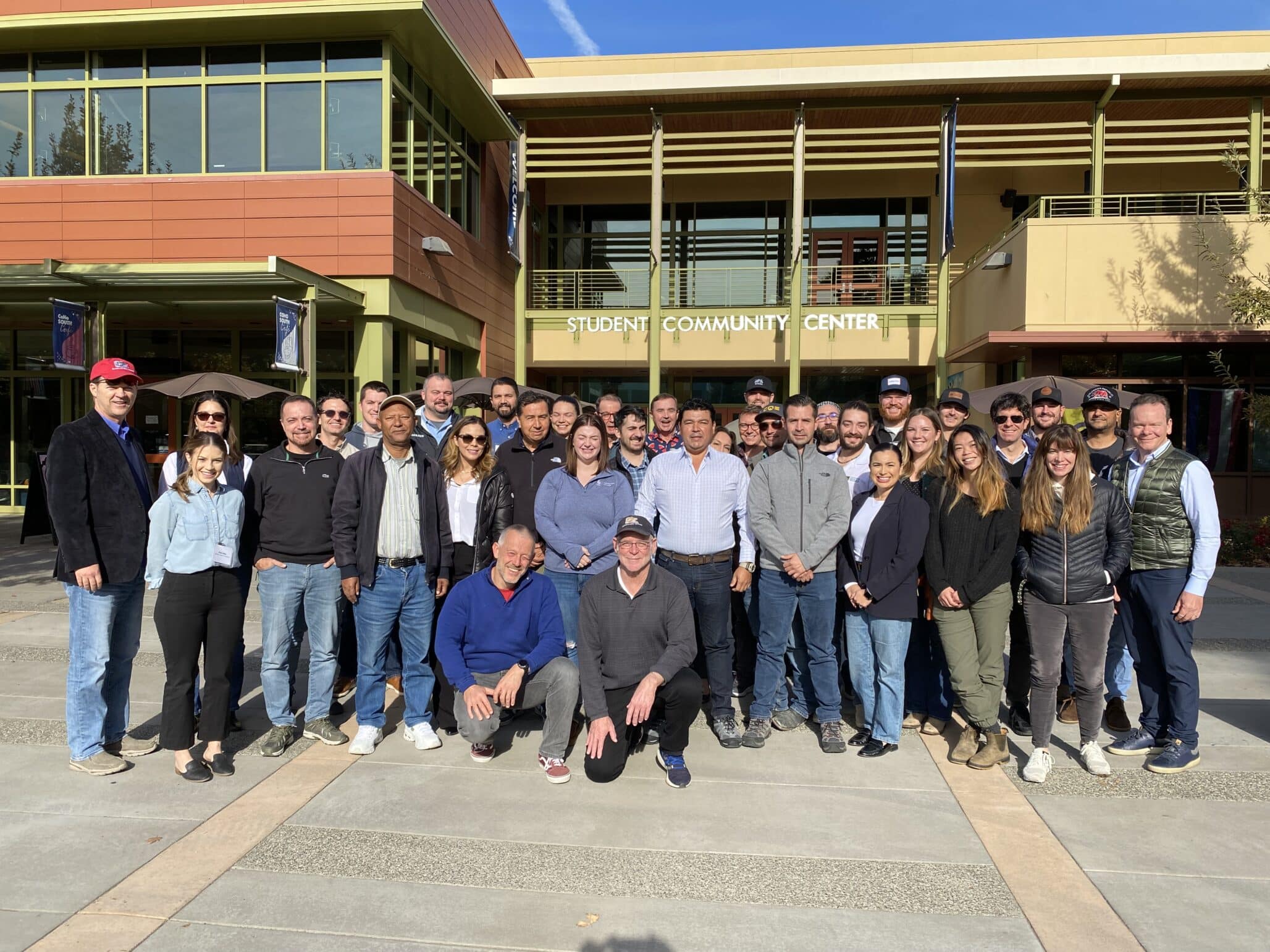A new report from the National Academies of Sciences, Engineering and Medicine identifies the most promising scientific breakthroughs that are possible to achieve in the next decade to increase the U.S. food and agriculture system’s sustainability, competitiveness and resilience.
“In the coming decade, the stresses on the U.S. food and agricultural enterprise won’t be solved by business as usual — either in the field or in our current research efforts,” says Susan Wessler, Neil and Rochelle Campbell Presidential Chair for Innovations in Science Education and distinguished professor of genetics at the University of California, Riverside. “At this time in history with an expanding global population requiring more from an increasingly fragile natural resource base, science breakthroughs are needed more now than ever for food and agriculture. ”
The five recommendations include: using a systems approach to leverage an increase in efficiency, resilience and sustainability; developing highly sensitive, field-deployable sensors for monitoring capabilities; applying and integrating data sciences, software tools and systems models for advanced analytics; carrying out routine gene editing of important crops; and using the microbiome to improve crop production.












